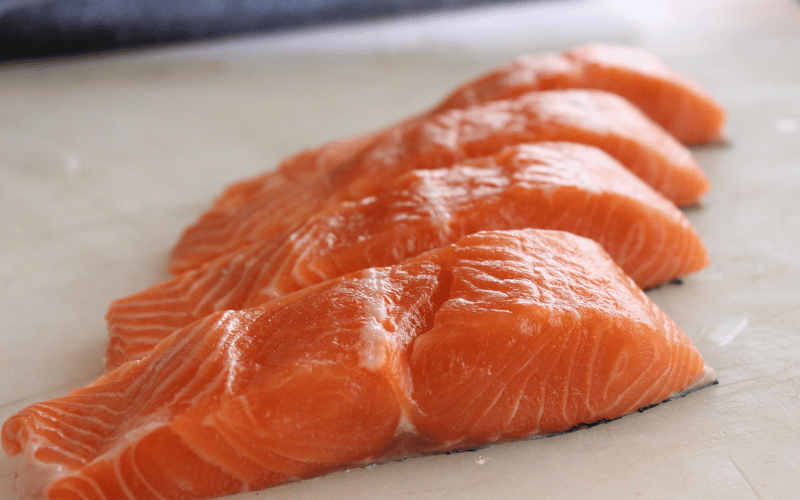Introduction: The Role of Diet in Lymphocytic Colitis Management
Lymphocytic colitis, though not as widely discussed as its counterparts like ulcerative colitis or Crohn’s, is a significant disruptor for those who suffer from it. Flare-ups can seem random, and the condition’s unpredictable nature can leave individuals feeling helpless. But what if the power to alleviate some of those symptoms was on your plate?

While medication plays a pivotal role in managing the symptoms of this type of microscopic colitis, diet can be equally instrumental. The gut, a complex system, can either be your best friend or your worst enemy, and it often reacts strongly to the foods we consume. For some, specific foods might trigger flare-ups, while for others, certain foods can be soothing. The trick is to find that sweet spot – a balance where the food you eat supports your gut health rather than hinders it.
In our exploration today, we won’t be proposing a magic pill or a one-size-fits-all solution. Instead, we’re delving into the world of foods that have shown potential in easing the symptoms of lymphocytic colitis. From the anti-inflammatory properties of ginger to the digestive-friendly nature of oats, these foods represent hope for many. They’re not just nutritious; they’re strategic weapons in your battle against colitis symptoms.
Food 1: Oily Fish (like Salmon and Mackerel)

Oily fish, especially the likes of salmon and mackerel, are nature’s gift to our health. These fish are teeming with omega-3 fatty acids, which have been celebrated for their anti-inflammatory properties. For someone battling lymphocytic colitis, inflammation is a primary concern, and thus these fish offer a natural solution.
Another advantage of oily fish is their versatility in dishes. From grilled salmon steaks to smoked mackerel pâté, there are endless ways to incorporate them into your diet. This not only ensures variety in taste but also consistent intake of these beneficial fatty acids. However, it’s crucial to source them well. Wild-caught varieties are generally seen as superior in nutritional value compared to farmed counterparts.
But there’s more. Oily fish also boast an impressive lineup of other nutrients, including vitamin D and protein. Vitamin D is essential for bone health, while protein aids in tissue repair and muscle building. And let’s not forget the brain and heart benefits. Studies have consistently shown the positive effects of omega-3s in reducing the risk of heart diseases and supporting cognitive functions. (1)